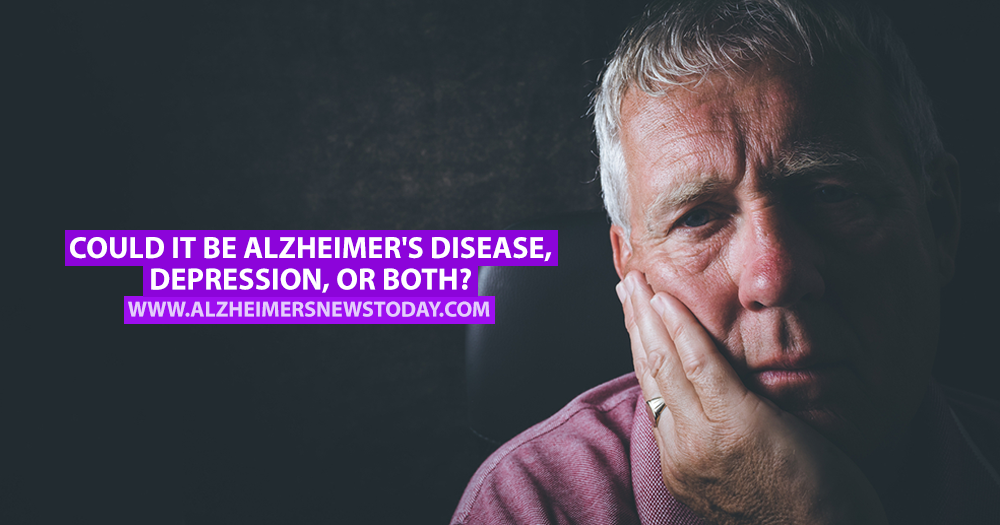Could It Be Alzheimer’s Disease, Depression, or Both?
Written by |

Alzheimer’s disease shares many of the same symptoms as depression, often making diagnosis of the disease difficult for doctors, particularly during the early stages. To compound matters further, often people living with Alzheimer’s disease also have depression. While there is no cure for Alzheimer’s disease, there are treatments and therapies to treat depression, which may help patients better cope with Alzheimer’s.
MORE: The seven stages of Alzheimer’s disease.
According to the Mayo Clinic, people with Alzheimer’s are often unable to verbally communicate their depression, so loved ones and caregivers need to look for visual clues that may point to depression. These may include loss of interest in favorite pastimes, not wanting to socialize, memory loss, an inability to concentrate, sleeping too much or not enough, feeling tearful or sad, overeating or not eating, fatigue or lethargy, irritability, agitation, feelings of hopelessness, or thoughts of suicide or death.
Alzheimer’s patients with depression may experience sporadic episodes of depression, which are often fairly mild compared to people who are depressed but don’t have Alzheimer’s disease. However, depression can have a profound effect on the lives of Alzheimer’s patients and their caregivers, and may lead to quicker cognitive decline, making them unable to do as much for themselves.
MORE: Busting popular myths about depression.
Alzheimer’s News Today is strictly a news and information website about the disease. It does not provide medical advice, diagnosis or treatment. This content is not intended to be a substitute for professional medical advice, diagnosis, or treatment. Always seek the advice of your physician or other qualified health provider with any questions you may have regarding a medical condition. Never disregard professional medical advice or delay in seeking it because of something you have read on this website.





